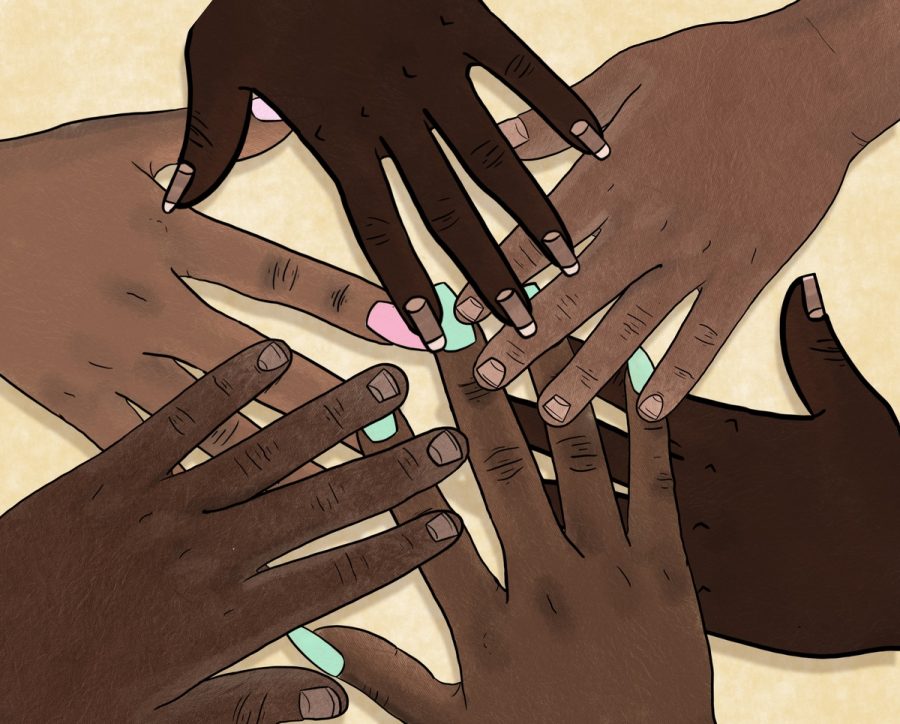On May 25, George Floyd was murdered in broad daylight by a police officer for allegedly resisting arrest. His murder resulted in mass outrage on social media and thousands of protests across the country. However, I couldn’t help but notice the majority of my non-Black peers choosing to be silent about this national issue.
I know my friends aren’t okay with senseless, racially charged murder, so why do they refuse to vocalize their stance at a time like this? I began to reflect on my own experience at UT to find the answer.
It’s very difficult to genuinely acknowledge the existence of a problem you have never come into contact with. This is my reality as a Black student at UT. If I enter a classroom of a hundred people, I’m lucky to see four people who look like me. Needless to say, I’m almost guaranteed to be the only Black person in smaller classes, discussion groups or labs.
It doesn’t matter where I am on campus — I will be surrounded by people with experiences that I usually can’t relate to, and I will rarely be involved in conversations unrelated to academics.
That said, discussions centered around racial issues will seldom come up, especially if students are used to being in classrooms surrounded by people who look like them. Because of the small population of Black students on campus, non-Black individuals lack the ability to confront these difficult issues. They don’t familiarize themselves with the harsh realities their Black peers face daily.
To them, it’s a Black issue — one that’s rarely discussed or merged into daily conversations on campus.
That’s one of the dangers of a lack of diversity. It weakens your ability to empathize.
I asked my good friend, a sophomore at UT who wished to remain anonymous, “Why haven’t you said anything about this pressing national issue?”
“I don’t feel like I know enough about the situation and don’t want to say anything that might sound ignorant,” they said.
Their response made me realize how important it is that these conversations exist on campus. I explained to them that it’s okay to not know exactly what to say. It isn’t okay, however, to say nothing at all because choosing to be silent can be seen as indifference or even a stamp of approval to your Black peers.
“In order for change to occur, non-Black people have to be just as outspoken and outraged as we are,” said Tecora Turner, 2020 public health graduate.
Longhorns, not only do we need your help, but we want to hear your voice the most when situations like George Floyd’s arise. You don’t have to be on the front lines of a protest, but learning and actively listening to the experiences of your Black peers starts on campus. It’s this small change in behavior that truly makes a difference. It’s what makes you an ally.
Small-scale action leads to widespread results. It’s often said that what starts here changes the world, and we have the opportunity to stand by that statement. Let’s do our part on campus and be open to uncomfortable conversations.
How about simply asking someone in your social circle how they feel about what’s going on? It’s never too late to be an ally. All the small conversations around campus will add up, and eventually, they’ll make their way into the future workplaces, homes and lives of Longhorns.
Pace is a government freshman from Duncanville, Texas.





















